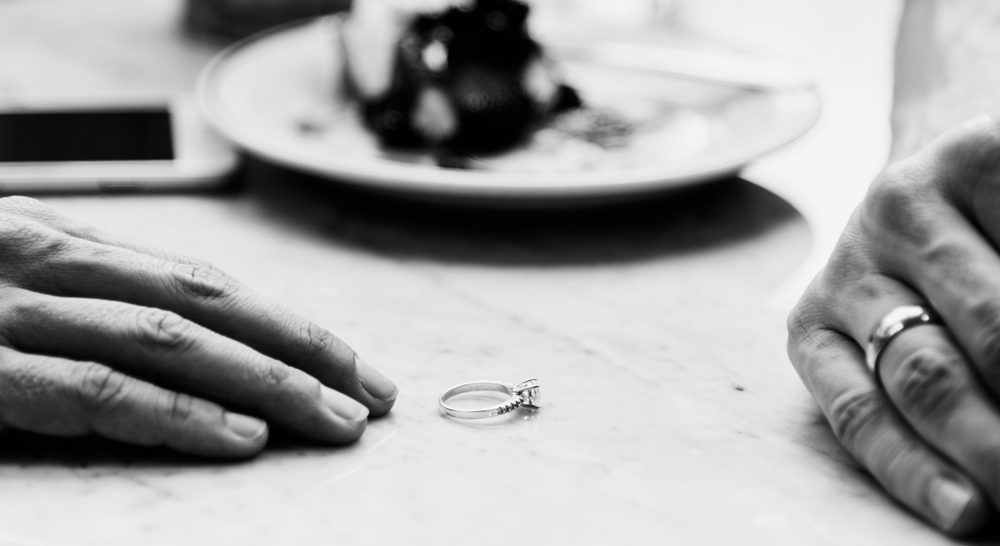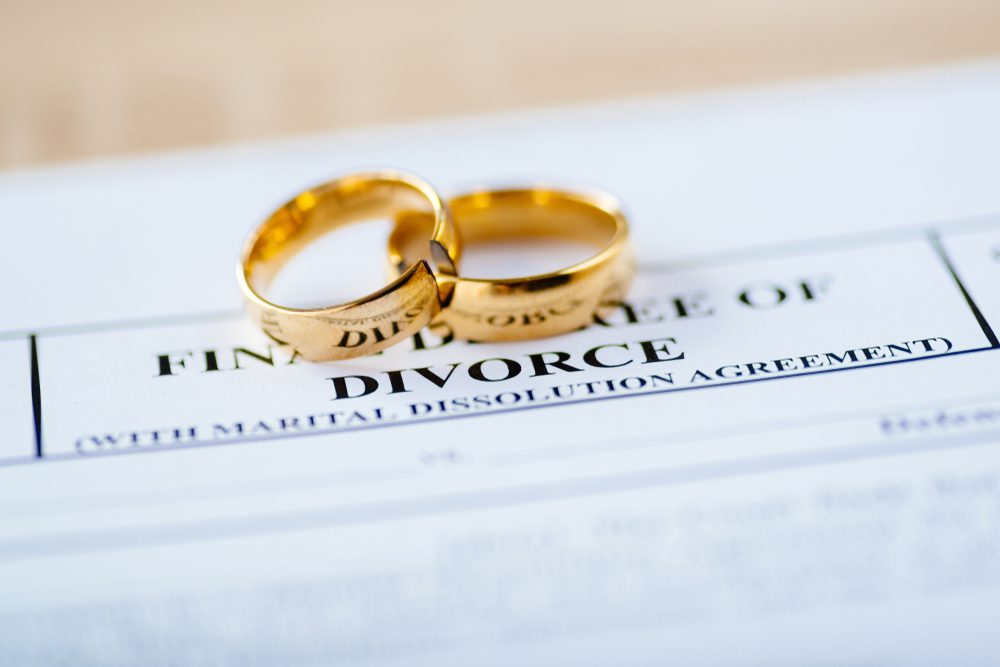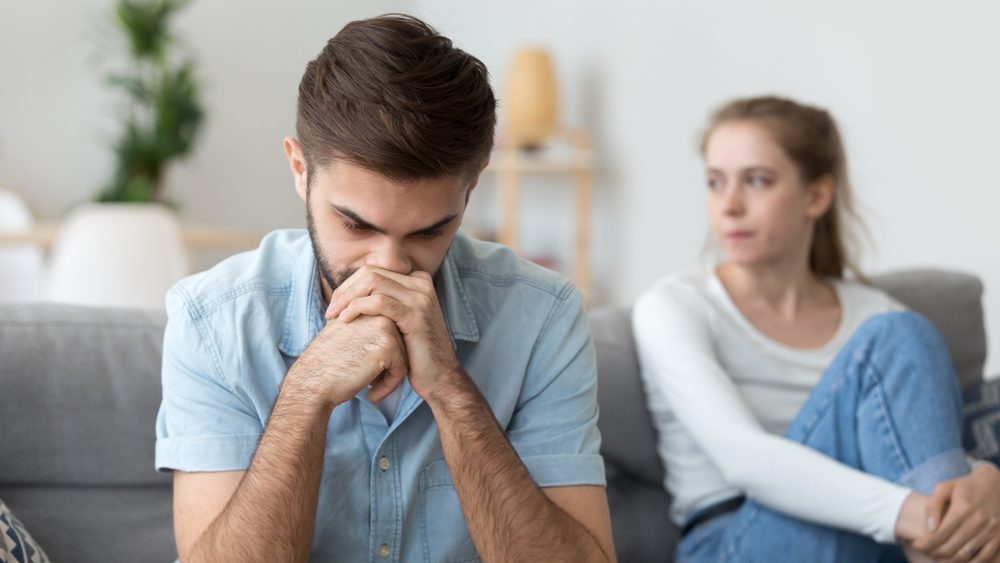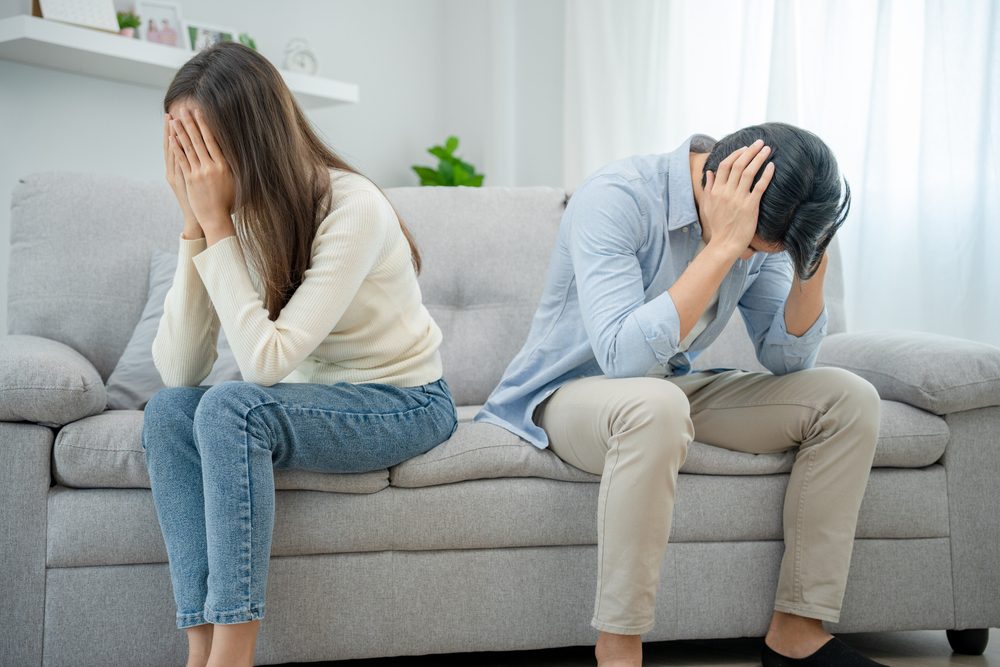
They pair really well with emotions.
As it turns out, compliments have a bigger impact when they are linked to a deep feeling. For instance, if you say, “The landscaping you did looks amazing, and it makes me feel at peace in our home,” you will positively reinforce what your partner did for the two of you and your home.
Instead of saying “What you did looks fine”, you need to take the time and really pay attention because such gestures, once ignored, might never come back. The same goes for your partner, and I really hope that you have a marriage where you both do the work. In my opinion, positive reinforcement that is one-sided won’t lead you very far.
They come as a sign of encouragement.
Instead of saying “sweet nothings” that seemed to be said off the cuff, you could actually say “somethings”. You might want to consider using compliments as a way to strengthen your partner’s opinion of themselves.
If your husband doesn’t feel he’s very handy around the house, but he still tries to fix things, you should take the time to compliment him anyway. It’s not lying, because you’re not stating that he’s the handiest man in the world or anything, but countless studies have proven how positive reinforcement can actually help us become the best versions of ourselves.
They don’t take too much of your time, so why not?
How much does it really take to compliment the love of your life now? Affirmation is one of the most important things in a marriage because you’re constantly reminding them how special and unique they are.
If you are invested in learning as much as you can and have decided to make your marriage flourish, then we strongly recommend you read “The Seven Principles for Making Marriage Work: A Practical Guide from The Country’s Foremost Relationship Expert”, written by John M. Gottman, Ph.D., and Nan Silver.
Hard start? We totally get it, and that’s why we recommend you read this book written by Monica Strobel. Trust me, it’s worth it!
If you enjoyed reading this piece, then we also recommend you read: 5 Subtle Signs of Paranoia After 60, According to Psychiatrists










Leave a Reply